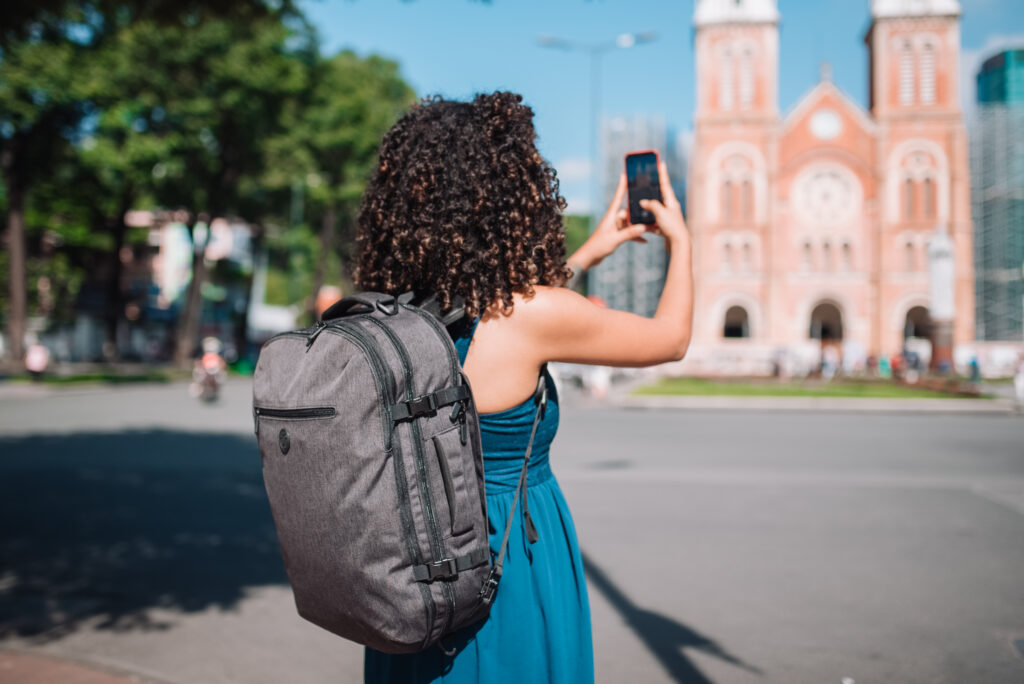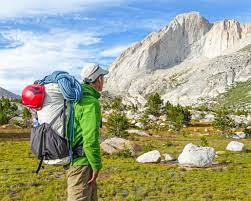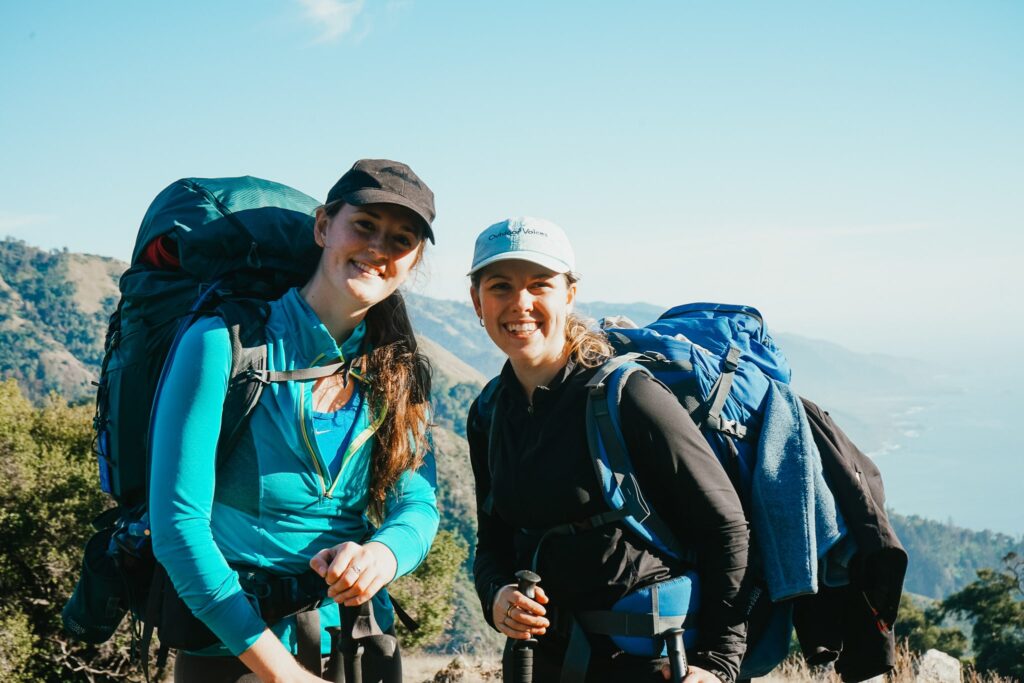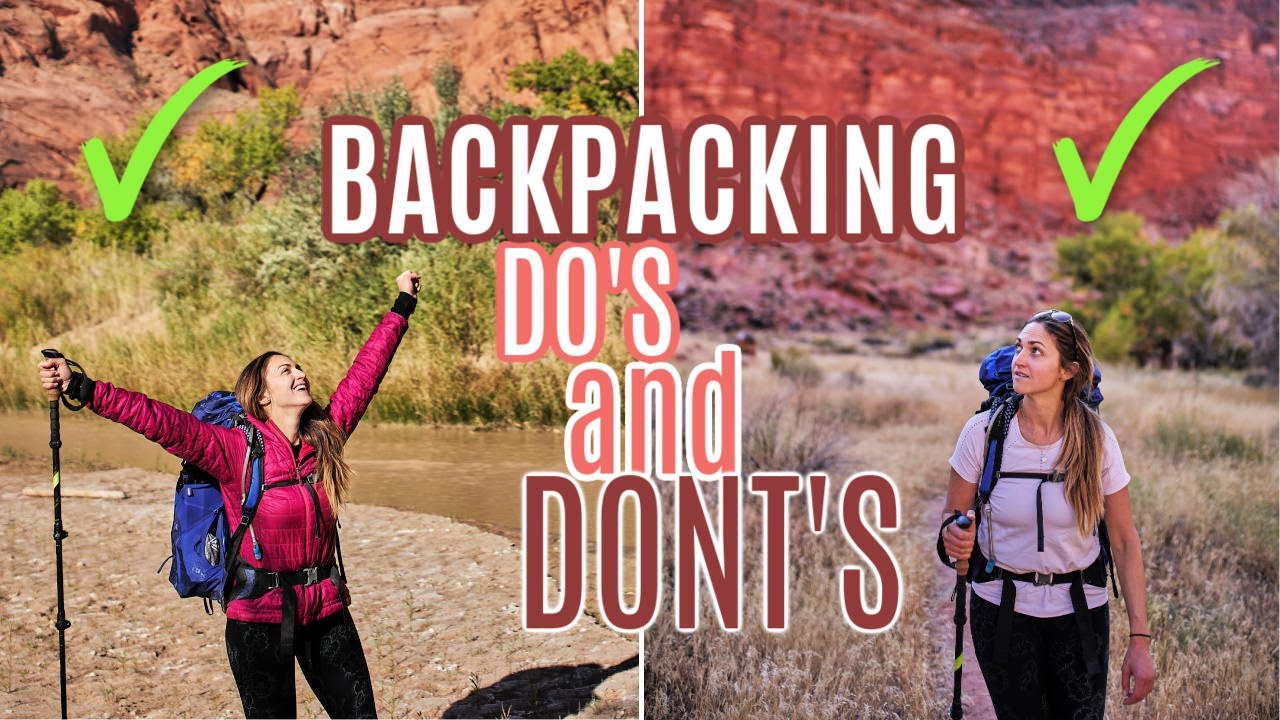Backpacking is a great way to explore the world and experience different cultures. It’s an adventure that can be both challenging and rewarding, especially for beginners. Backpacking for beginners is a bit different from regular travel because it requires more preparation, planning, and endurance. It’s important to keep in mind some dos and don’ts to ensure that you have a safe and enjoyable backpacking experience. This article aims to provide you with some helpful tips and tricks to make your backpacking journey a success.
Table of Contents
Do Your Research
Before embarking on any backpacking journey, it’s essential to do your research. Research the country or region you’re planning to visit, including the weather conditions, cultural norms, visa requirements, and local customs. Knowing what to expect and how to prepare for your trip can save you from surprises and ensure that you have a more enjoyable time. Additionally, research the best gear Backpacking for Beginners and invest in high-quality equipment that will last. Don’t skimp on your gear, as it can make a significant difference in your overall experience.
Pack Light

Packing light is one of the most important things to keep in mind when backpacking for beginners. Avoid packing unnecessary items and focus on the essentials, such as clothing, toiletries, and first aid supplies. Keep in mind that you’ll be carrying your backpack for long periods, so it’s essential to pack light and avoid overpacking. Invest in a high-quality backpack with comfortable straps and back support to make carrying your load easier.
Be Prepared for Emergencies
When backpacking, it’s essential to be prepared for emergencies. Carry a first aid kit with essential supplies such as band-aids, antiseptic, and pain relief medication. Additionally, carry a map, compass, and a charged phone with an emergency battery pack. Research the local emergency services in the area you’re visiting and know how to contact them in case of an emergency.
Respect Local Culture and Customs
Respect for local culture and customs is essential when backpacking for beginners. Take the time to learn about the local customs and traditions before visiting a new country or region. Dress appropriately and be mindful of local customs, such as covering your head at religious sites or taking off your shoes before entering a home. Respect the local environment by avoiding littering or damaging the local flora and fauna.
Be Open-Minded and Flexible

Backpacking for beginners is a great way to step out of your comfort zone and experience new things. Be open-minded and flexible when traveling, as things may not always go as planned. Embrace the unexpected and be prepared to make changes to your itinerary if necessary. Be open to meeting new people and learning from different cultures, as this can be one of the most rewarding parts of backpacking.
Avoid Overexerting Yourself
Backpacking can be physically demanding, especially Backpacking for Beginners. Avoid overexerting yourself by taking frequent breaks, staying hydrated, and pacing yourself. Listen to your body and avoid pushing yourself too hard, especially if you’re not used to carrying heavy loads for long periods.
Don’t Travel Alone
While solo backpacking can be an incredible experience, it’s important to avoid traveling alone as a beginner. Traveling with a partner or a group can provide safety and support, as well as help with carrying the load. Additionally, having someone to share your experiences with can make your backpacking journey even more enjoyable. Consider joining a backpacking group or finding a travel buddy before embarking on your journey.
Stay Safe and Secure
Safety and security should be a top priority when backpacking for beginners. Be aware of your surroundings and avoid walking alone at night. Keep your valuables secure and avoid carrying large sums of money. Invest in a good-quality lock for your backpack to keep your belongings safe. Research the areas you’ll be visiting and avoid areas that are known for high crime rates.
Leave No Trace
When backpacking, it’s important to leave no trace behind. Avoid littering or damaging the environment and leave the place you visit as you found it. Respect the local flora and fauna and avoid disturbing the natural habitat. Additionally, avoid using single-use plastics and carry a reusable water bottle and food containers.
Conclusion

Backpacking for beginners can be an incredibly rewarding experience. By following these dos and don’ts, you can ensure that your backpacking journey is both safe and enjoyable. Do your research, pack light, be prepared for emergencies, respect local culture and customs, be open-minded and flexible, avoid overexerting yourself, don’t travel alone, stay safe and secure, and leave no trace. With these Backpacking for Beginners tips in mind, if you are a beginner, you can embark on your backpacking journey with confidence and create memories that will last a lifetime.












